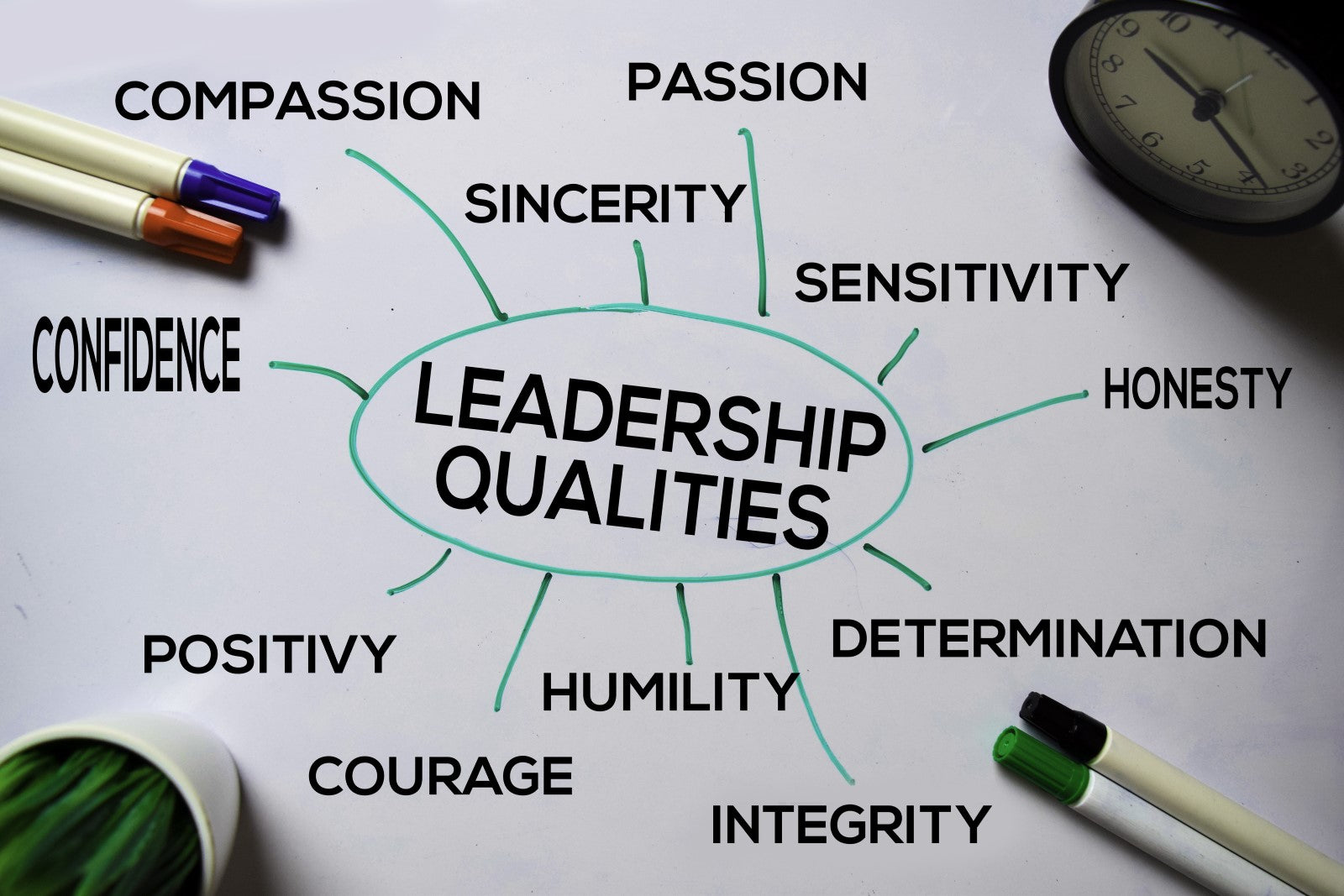In our imperfect world, the quest for a flawless leader is impractical, but the choices we make in selecting our leaders should be guided by a pursuit of excellence. While perfection is an unattainable ideal, it is crucial that our leaders exhibit unwavering leadership qualities in specific areas. Failing to uphold these standards can result in a troubling cycle where leaders perpetuate the very errors they should strive to rectify.
In this article we will explore civil government and the intricate interplay between human nature and governance, to understand the essence of leadership and its profound impact on society. This article underscores the vital importance of cultivating leadership grounded in principles of fairness, justice, and the common good, for it is through such leaders that the aspirations of a better world may be realized.
The Nature of Civil Government
Civil government is the system by which societies organize and govern themselves and has been a subject of philosophical debate for centuries. The question at the heart of this debate is whether civil government is a fundamental aspect of human society, deeply ingrained in our nature, or whether it is a response to human imperfections and failings.
One perspective suggests that governing others is a natural outgrowth of human social organization. Human beings are inherently social creatures, and as societies grow in complexity, the need for some form of governance is apparent. This perspective argues that civil government is an extension of our innate desire for order and fairness in our interactions.
On the other hand, some suggest that civil government arises as a response to human failings. According to this perspective, if humans were morally perfect and always acted in accordance with a shared sense of right and wrong, there might be no need for formal governance structures. In essence, government becomes necessary to address and mitigate the imperfections and injustices that arise in human society.
While opinions on this matter may differ, there is a common thread that unites these perspectives – the concept of fairness. Regardless of whether civil government is seen as a natural or necessary development, the idea that everyone wants to be treated fair is central to both philosophies. Fairness, or the desire for justice, seems to be a fundamental aspect of human nature that is at the foundation of governance.
The Role of Civil Government
The role of civil government within society is multifaceted and takes on various essential functions that contribute to the overall well-being of its citizens. One of its primary responsibilities is maintaining order. Through the establishment of laws and regulations, civil government creates a structured framework in which individuals can coexist peacefully. This function ensures that the rights and freedoms of all members of society are protected, and that chaos and conflict are minimized.
Additionally, civil government plays a crucial role in protecting the rights of its citizens. It acts as a safeguard against the unfair oppression or marginalization of individuals or groups within the population. By creating and enforcing laws that guarantee equal treatment under the law, the various branches and departments of government strive to maintain a just and equitable society where every person can pursue their goals and aspirations.
Furthermore, civil government is instrumental in promoting the common good. It addresses collective challenges that affect the entire community, such as infrastructure development, safety policies, and so on. By investing in these areas, the goal should be to enhance the overall quality of life for all citizens so that they can maintain a thriving and prosperous society.
Finally, civil government serves as a cornerstone for enforcing justice. It provides a structured system for resolving disputes and striving for justice in a consistent and impartial manner, ensuring that individuals are held accountable for their actions while upholding the principles of fairness and equity in society.
Characteristics of a Good Leader
Having reviewed the basic purposes of government, let’s now turn our attention to the characteristics of the elected leaders who are to carry out these purposes. Civil Leaders include all those who exercise rightful authority over others. They do not all hold equal ranks or have the same influence in government. There are supreme and subordinate powers, and within these categories, some possess legislative authority, others wield executive power, and still others exercise judicial authority. Although these roles may sometimes overlap within the same individual, they are inherently distinct.
Regardless of the office or rank, a primary prerequisite should be the principles of moral honesty and integrity. They must love righteousness and abhor iniquity. They must be individuals of truth, for every person will act in their public role according to the principles that govern them in their private affairs. An unrighteous person will be an unrighteous leader when given the opportunity.
Furthermore, they must be knowledgeable concerning the law and competent in their station. Ignorance almost always leads to actions based on guesswork, which is not a commendable quality for a leader.
They must be impartial in their judgments, not showing favoritism to any individual. They should adhere to the principle of not respecting persons in judgment. If personal affections override their judgment, they will be bias, leading to unjust decisions.
Moreover, they must be individuals whom flattery and bribery cannot influence. Such leaders must have a strong aversion to ambition and covetousness. Covetousness signifies a greedy desire and applies to both vices mentioned previously. A leader influenced by these traits will not be just.
Finally, they must prioritize the public benefit above all private interests. In their respective roles, they should devote themselves to the good of the entire community. Those who advance themselves or seek vengeance through unjust laws or by distorting the intentions of existing laws are unjust. Those who possess a narrow spirit are prone to such actions when given the opportunity.
Influence of Religious Principles
In addition to the forgoing characteristics, religious principles can, and often do, have a significant impact on the character of a leader. A leader's personal religious beliefs can significantly impact their decision-making and leadership style. When a leader fears God, meaning they hold a deep reverence for their faith and a sense of accountability to a higher power, it often translates into a moral and just approach to governance. Their actions and decisions are often guided by the moral compass provided by their religious convictions and naturally create a strong moral character.
In summary, a just leader takes measures to promote both piety and honesty among people, using their authority to uphold the law and establish justice. They prioritize the public benefit over private interests and maintain a reverence for God in all their actions. Such leaders are a blessing to their people and are guided by principles of righteousness and fairness.



5 comments
Yambem Biren
Yes
We are humans who live on this planet.
We are living beings in living nature.
We have an organized human society.
We have established a political society.
The State constitution creates a sovereign State.
The political State is the agent of society.
The government is the agent of the State.
The political government is governed by the people for the people of the people.
We need mature and good leaders for a good government. for the people.
Thank you. Wish you a happy New Year 2024.
Rick Williams
Well covered summary.
However I noted the change in wording
Which is unsettling to me.
The use of ruler instead of leader
Is problematic in that our republic
Is not ruled. It is governed.
Our leaders are elected to represent
Their constituents not rule over them.
Since the article’s title states leader
And not ruler I believe some additional
Thought should go into Word usage.
STEPHEN VERCHINSKI
Felt like I was checking the boxes.
Thanks. Only ran for office two times.
A third run would have been as an independent candidate.
Mike Kapic
Keep up the good work. God Bless America and its owners ability to choose leaders wisely.
Donna Lee Biggs
Just in time to encourage me to do a presentation to City Council tonight. There is no Order of Operation in this city whatsoever. They are getting my with making a transfer of over $1 million dollars from the Public Utilities fund to the Sheriff’s Office without it going through the budgeting process.